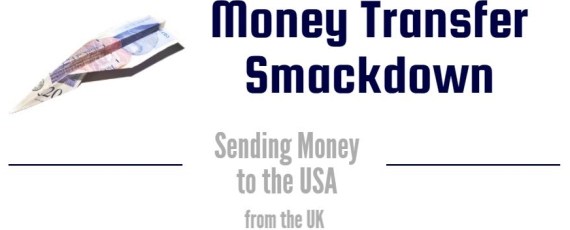US Taxes
From the Inland Revenue website: “If you are a U.S. citizen or resident alien living or traveling outside the United States, you generally are required to file income tax returns, estate tax returns, and gift tax returns and pay estimated tax in the same way as those residing in the United States. Your income, filing status, and age generally determine whether you must file a return. Generally, you must file a return if your gross income from worldwide sources is at least the amount shown for your filing status in the Filing Requirements table in Chapter 1 of Publication 54. See also US Citizens and Resident Aliens Abroad.
Get a UK Yankee Charter Members Discount
UK Taxes
In the UK there is also the standard income tax. Income Tax is very similar to the USA, taken from your pay. No forms to fill out every year unless you are self employed. The Inland Revenue calculates a flat tax for everyone, except the self-employed and company directors who must file annual returns called Self Assessments. This tax includes Pay As You Earn (PAYE) and National Insurance contributions. The regulations on whether or not you pay taxes if you are not permanently staying in the UK is complicated, their leaflets are available online. In the UK, you can obtain relief from double taxation if your overseas income is subject to tax both in the UK and in another country.
Some families are also entitled to tax credits similar to Earned Income Credit. In the UK these are called Child Tax Credit and Working Tax Credits. These are based on family income, can supplement a large portion of child care costs, payments made directly via direct deposits, with annual returns required.
Income Tax Compared
| Country | Single no Kids | Married 2 Kids |
|---|---|---|
| United Kingdom | 33.5% | 27.1% |
| United States | 29.1% | 11.9% |
Source: OECD, 2005 data
VAT
Sales taxes are nearly invisible, they are already calculated into costs of goods, so the price you see is the price you pay at the till or checkout. It is called VAT or Value Added Tax, and is 17.5%. It is applied to all goods/services except children’s clothes and some food products such as milk. For more information check HM Revenue and Customs. (It's interesting to note that the VAT rate was reduced to 15% during the recession in 2009 but was returned to 17.5% in January 2010.)
A reader pointed out that "Actually, all fresh food, vegetables etc, that are not processed or cooked are VAT free as is bread and some other essentials. All books and magazines, newspapers etc are VAT free as well."
Other Tax
Council Tax is the equivalent of property tax. It is paid by tenants/residents and not landlords of rented property.
See more about Tax at Direct.gov.uk
For questions and more information, read our Tax Board.
Getting a National Insurance Number
A NIN (national insurance number) is the equivalent of a social security number. You are issued one and it remains yours for life. Your taxes/pension are kept track of via this number.
If you already are allowed to work and living in the UK, you do NOT need a NIN to look for work or apply for work (though you cannot look for work on a vistor visa!). You must apply for a number as soon as you start work. Contact the nearest Social Security Office (DWP) and ask for an appointment to be interviewed for a NIN. You will be issued a card in about 8 weeks. Take good care of the card, you will only be able to get ONE replacement for it.
You must inform them when you move or change names. One can also apply for a NIN before they look for work, though you will need to prove that you are looking.
If your family is applying for working tax credit or child tax credits, both partners will need to have a NIN, so make your appointment to apply for the NIN as soon as you know you’re applying for the tax credit, else it will cause delays in your the processing of your tax credit.
You can expect to have the NIN application interview scheduled for 6-8 weeks in advance, and spend 2 hours going over your application and documents. This is a very detailed interview, be well prepared.
Types of evidence and information
Here are some examples of the types of evidence and information they need.
NO PHOTOCOPIES.
General documents such as your:
- passport
- National Identity card
- birth certificate
- marriage certificate
Documents to do with employment, such as:
- Payslips
- A work permit
- A letter from your employer
- Your contract of employment
- Details of any employment agencies you are registered with.
Documents to do with self-employment, such as:
- Invoices
- Letters from your accountant
- Letters from your clients
- Your Schedule D tax form.
You must bring any travel documents you have. These are documents that give information about your travel between countries, such as your passport.
If you have any other documents that you think may help prove your identity, please bring them with you.
If you do not have any documents you must still go to the interview.
You may be able to prove your identity with the information you give at the interview.
Tags:


